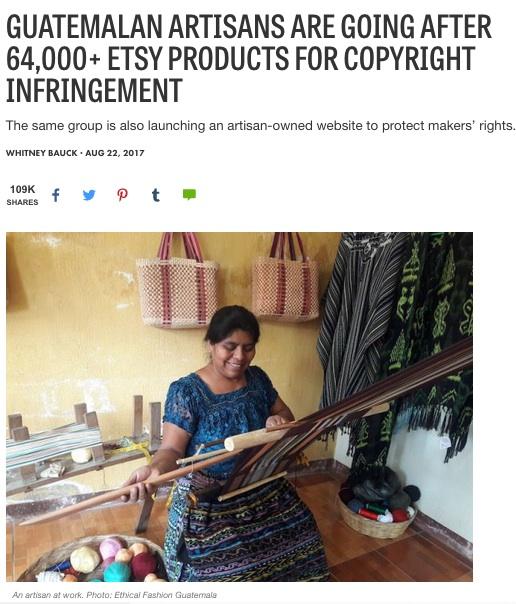Sustainable and ethical fashion refers to an approach to the design, production, and consumption of clothing that takes into account the environmental and social impacts of the fashion industry.
It aims to minimize harm to the environment, promote fair labor practices, and create a more responsible and conscious fashion industry.
Sustainability in fashion involves considering the entire lifecycle of a garment, from the sourcing of materials to its disposal. This includes using environmentally friendly materials such as organic cotton, hemp, or recycled fibers, as well as reducing water and energy consumption in production processes.
It also emphasizes the importance of reducing waste and promoting recycling and upcycling of clothing.
Ethical Fashion Guatemala focuses on ensuring fair treatment and working conditions for the people involved in the production of clothing. This includes providing fair wages, safe working environments, and prohibiting child labor and exploitation. Ethical Fashion Guatemala brands often prioritize transparency and traceability in their supply chains, ensuring that workers are treated ethically throughout the entire production process.

Some key practices and initiatives in sustainable and ethical fashion include:
- Fairtrade: Supporting fair wages and working conditions for producers and workers in developing countries.
- Slow fashion: Encouraging mindful consumption by promoting high-quality, durable garments that are designed to last, as opposed to fast fashion’s disposable and trend-driven approach.
- Circular fashion: Emphasizing the importance of recycling, upcycling, and extending the lifespan of clothing through repair and reuse.
- Eco-friendly materials: Using sustainable and renewable materials, such as organic cotton, hemp, bamboo, or recycled fabrics, and reducing the use of harmful chemicals.
- Local production: Supporting local artisans and manufacturers to reduce carbon emissions associated with long-distance transportation.
- Ethical supply chains: Ensuring transparency and accountability throughout the supply chain, from raw material sourcing to the final product.
- Conscious consumerism: Encouraging consumers to make informed choices by considering the environmental and social impact of their purchases and supporting brands with sustainable and ethical practices.
By adopting sustainable and ethical practices, the fashion industry aims to mitigate its negative impact on the environment and society and promote a more responsible and equitable approach to fashion.

 Ethical Fashion Guatemala
Ethical Fashion Guatemala Ethical Fashion Guatemala
Ethical Fashion Guatemala